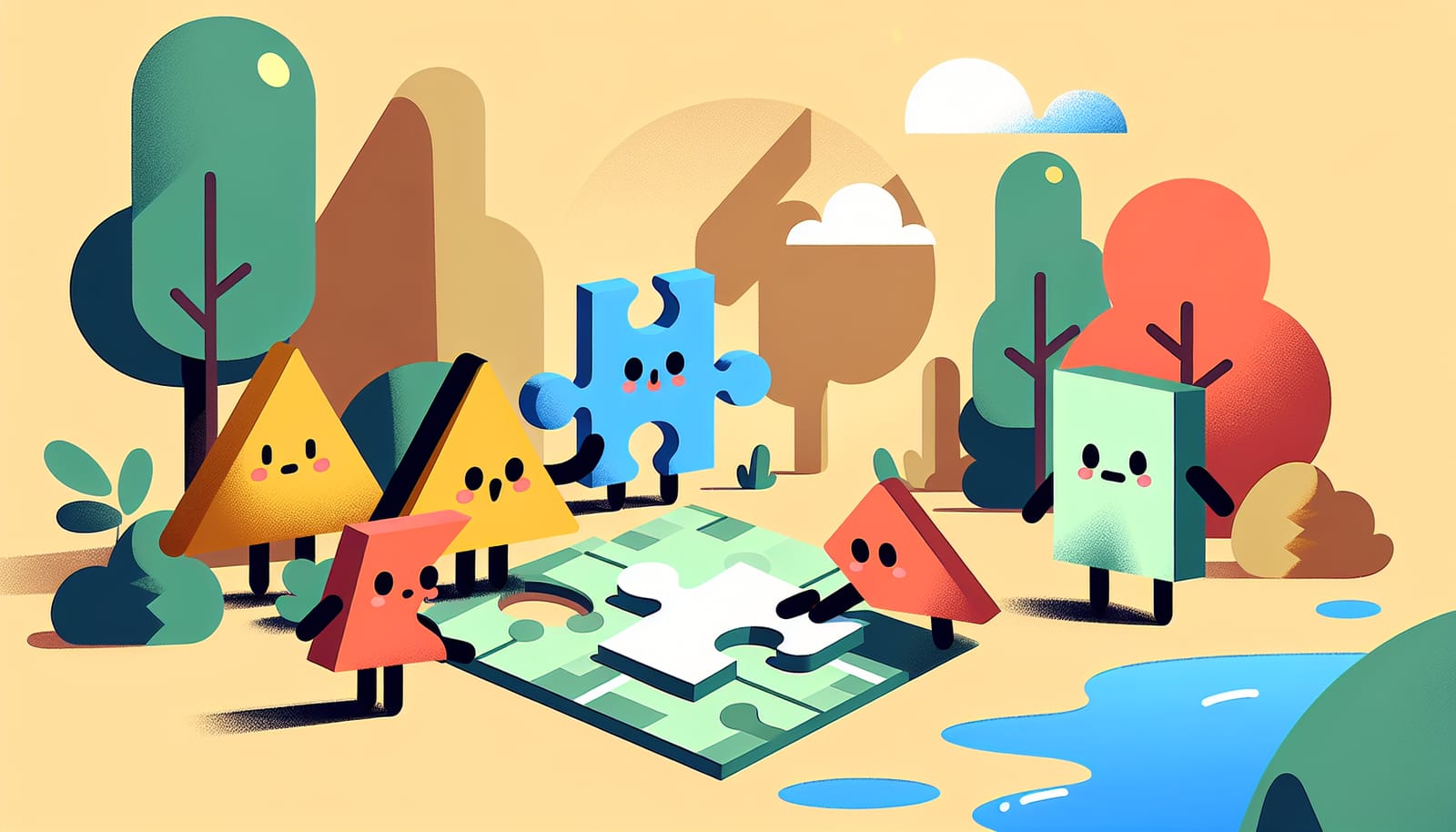-
to confuse or muddle; to make unable to think clearly.
synonyms:bewilderperplex

The word 'addle' comes from the Old English 'ædlan,' which means 'to make rotten or to spoil.' It is related to the modern word 'addle' that refers to eggs becoming spoiled or rotten.
Addle is often used in literary contexts or discussions about confusion, though it can also appear in everyday speech when referring to a state of mental disarray.
While 'addle' is not commonly used in daily conversation, it may appear in literary works or discussions about confusion.
After hours of studying without a break, her thoughts began to addle, making it hard to focus on the exam questions.
The unexpected turn of events seemed to addle his mind, leaving him unsure of how to proceed.
Trying to solve the complex puzzle only served to addle her brain further, as she struggled to keep track of all the pieces.
The word 'addle' may not pop up in everyday conversation, but it's a delightful term that captures the essence of confusion. Originating from Old English, it paints a vivid picture of a mind in a muddle, much like a rotten egg. While you might not use it daily, it adds a unique flair to language, especially in literary contexts. So, the next time you find yourself in a state of befuddlement, remember to embrace the charming quirkiness of 'addle'!